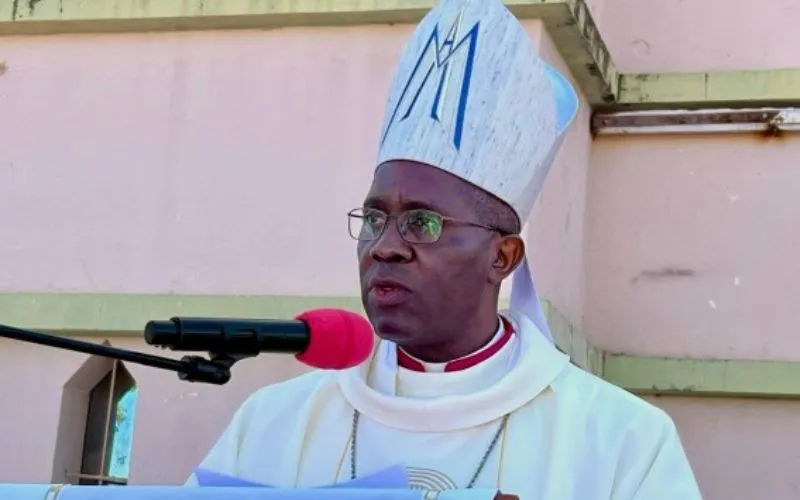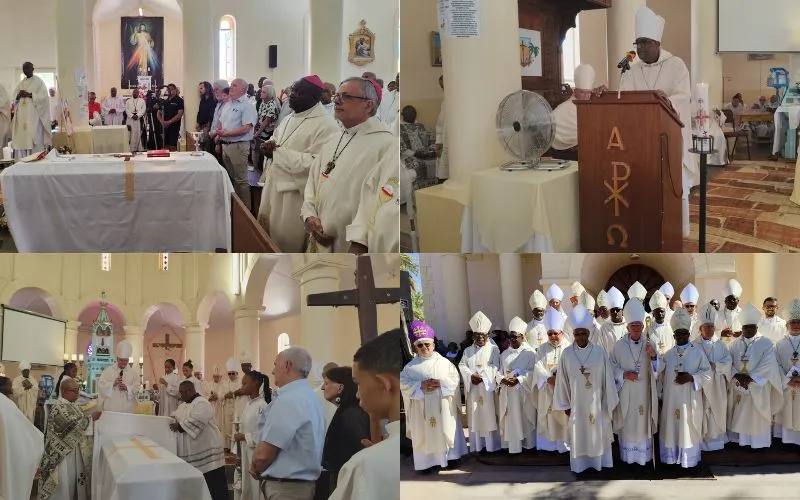Menongue, 19 May, 2025 / 1:56 pm (ACI Africa).
Bishop Leopoldo Ndakalako of the Catholic Diocese of Menongue in Angola has expressed concern over missing police presence along Angola’s Southern and Eastern borders with Namibia and Zambia, a phenomenon that contributes to a rise in human trafficking.
While Angola’s border with Namibia stretches 1,376 km across the provinces of Cunene, Cuando, and Cubango, the one with Zambia spans 1,110 km across Cubango and Moxico provinces.
In an interview with ACI Africa on Saturday, May 17, Bishop Ndakalako warned that these unguarded frontiers have become hotspots for human trafficking and smuggling of goods.
“There are reports of human trafficking and commercial smuggling, but I can tell you, for example, we are talking about a very vast territorial extension with Namibia and Zambia, and no police presence,” he said, and lamented that the Angolan government “does not have control over this. Our borders are not protected.”
The Angolan Catholic Bishop further lamented, “We do not have territorial control here; no police presence on the borders, so those involved in human trafficking and smuggling are unseen.”





